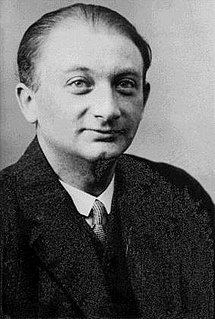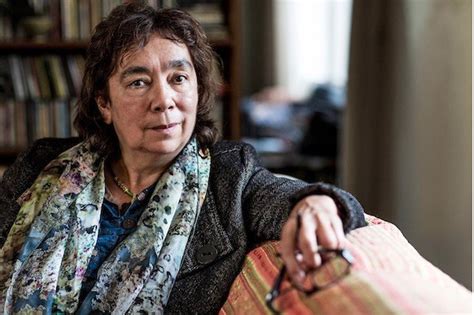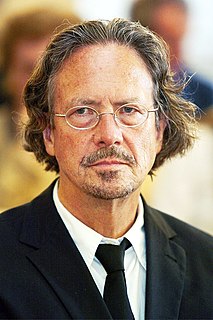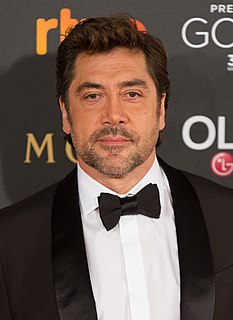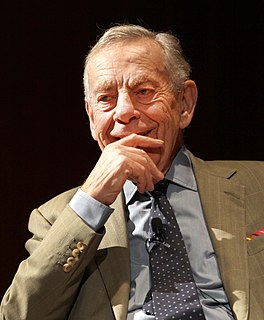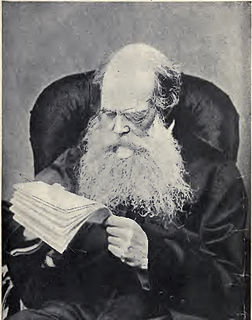Цитата Джозефа Рота
Я полагаю, что мои наблюдения всегда приводили меня к выводу, что так называемый реалист движется по миру с закрытым умом, как бы окруженным бетоном и цементом, а так называемый романтик подобен неогороженному саду внутри и снаружи. из которых истина может блуждать по желанию.
Связанные цитаты
Это цель, ради которой вы призваны сюда. Звали, мол, хоть я вас и не звал к себе, пришельцы из дальних стран. Вы пришли и встретились здесь, в самый последний момент, как это может показаться случайно. Но это не так. Верьте скорее, что так устроено, что мы, сидящие здесь, и никто другой, должны теперь найти совет на случай опасности мира.
Когда мир изменился, люди стали другими. Города закрывались, города были заколочены, общины покинуты, их правительства рухнули. У них, казалось, не было никаких сомнений, которые были очевидны для вас или меня, по поводу того, чтобы уйти от того, что они называли бесполезной кучей мусора, и никогда не оглядываться назад.
Тем не менее, никто окончательно не знает, каким должен быть поэт или что он должен делать. Особенно в этой стране человек берется за работу — потому что все, что он делает в Америке, считается «работой», — без ясного представления о том, что требуется или куда в конечном итоге приведут. В этом отношении это частный случай «призвания», на который можно было бы указать. В течение многих лет я помнил: «Много званых, но мало избранных». Даже так «позвали», не было никаких гарантий, что кто-то ответит.
Люди знали, что есть два пути к истине. Одной из них была наука, или то, что греки называли Логосом, разум, логика. И было существенно, чтобы дискурс науки или логики был направлен на внешний мир. Другим был мифос, то, что греки называли мифом, что означало не фантастическую историю, а повествование, связанное с ритуальной и этической практикой, но оно помогало нам решать проблемы, для которых не было простых ответов, таких как смертность, жестокость. , печаль, которая настигает нас, все это часть человеческого состояния. И эти двое не были в оппозиции, нам нужны были оба.
Все исходит из него; все возвращается к нему. Чтобы найти источник, проследите проявления. Когда ты узнаешь детей и найдешь мать, ты избавишься от печали. Если вы закроете свой ум в суждениях и торгуете желаниями, ваше сердце будет смущено. Если ты воздержишься от суждений и не будешь руководствоваться чувствами, твое сердце обретет покой. Видеть во тьме — ясность. Умение уступать – это сила. Используйте свой собственный свет и вернитесь к источнику света. Это называется практиковать вечность.
За 22 года работы я снялся только в двух фильмах, где лично убиваю людей. Коэны называли меня Испанской балериной на съемочной площадке («Старикам тут не место»), потому что каждый раз, когда у меня был пистолет, когда они называли «вырезать», я возвращал его и говорил: «Выкинь это дерьмо из моей головы». Руки!' Они смеялись, как будто не могли поверить, что я должен быть злодеем.
